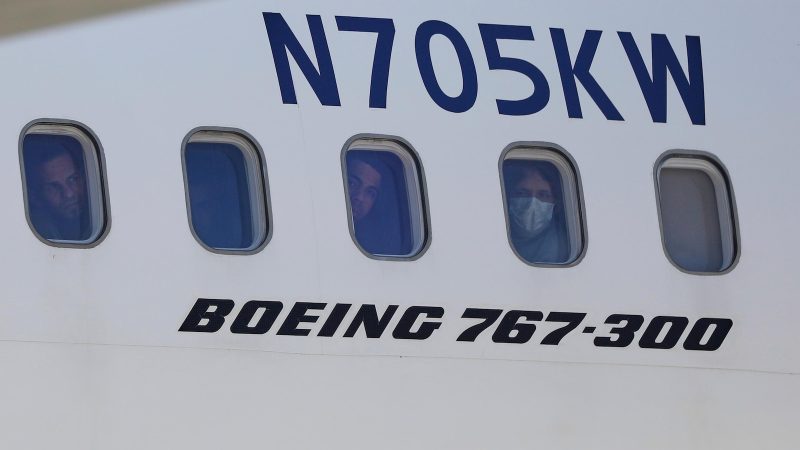
The Supreme Court issued an emergency order on Saturday, temporarily halting the deportation of Venezuelans held in the Bluebonnet Detention Center in northern Texas. This action blocks the Trump administration’s use of the 1798 Alien Enemies Act, a wartime law rarely invoked in U.S. history. The court’s order came in response to an emergency appeal filed by the American Civil Liberties Union (ACLU), which argued that the deportations violated due process rights. Justices Clarence Thomas and Samuel Alito dissented from the majority opinion.
The ACLU’s appeal highlighted concerns that immigration authorities were rapidly moving to deport Venezuelans accused of gang affiliation, specifically with the Tren de Aragua gang. The administration contended that the Alien Enemies Act empowered them to swiftly remove these individuals, regardless of their immigration status. This prompted a flurry of legal challenges, with federal judges in various states issuing orders barring deportations under the Act until proper legal processes were established. However, no such order existed in the Bluebonnet Detention Center’s jurisdiction, leading to the ACLU’s urgent intervention.
The ACLU’s filing included sworn declarations from immigration lawyers, alleging that their clients were given deportation paperwork with little to no explanation, even in cases where language barriers existed. One lawyer detailed how her client, who only spoke Spanish, was told to sign English-language papers and informed that deportation would proceed regardless of whether the client signed. The urgency of the situation was underscored by reports that detainees were being loaded onto buses for the airport on Friday evening.
The situation highlights a complex legal battle over the interpretation and application of the Alien Enemies Act. While the Supreme Court’s temporary order provides a reprieve for the detainees, the administration is expected to return to the court to challenge the ruling. The ongoing legal fight underscores the significant implications of this rarely used law and the ongoing debate surrounding immigration policy in the United States. The ACLU has expressed relief over the temporary halt, emphasizing the potential for individuals to face life imprisonment in El Salvador without due process. The case also raises broader questions about the fairness and transparency of deportation procedures under the Trump administration.
The use of the Alien Enemies Act, previously employed only three times in U.S. history (most notably during World War II), is a point of significant contention. The administration’s actions have been subject to multiple legal challenges, and the Supreme Court’s intervention underscores the gravity of the situation and the ongoing legal battles surrounding immigration policy. The outcome of this case will likely have significant ramifications for future immigration enforcement and the interpretation of the Alien Enemies Act itself.









